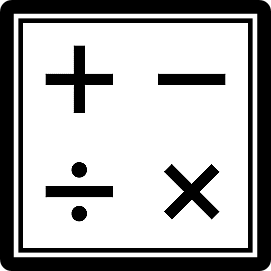|
Library Search Tips
Question:
Where can I locate search tips for the University Library?
Answer:
Typically, when a phrase is enclosed by double quotations marks, the exact phrase is searched. To find all variations of a word use the asterisk symbol (*). (EX: employ* finds employee, employer, and employment)
To narrow the search results, you can use the following limiters in EBSCOhost. The su stands for subject and tells the database to look only for those articles that are about that term. The ti stands for title and looks for the term in the title of the article. The co stands for company and looks for the term as a company name. Keep in mind, not all results will be entirely relevant. You are going to have to look through the search results to determine if the articles are, indeed, what you are looking for or are useful to you. You can also try your search in the other major article database such as EBSCOhost or ProQuest by performing the following:
Note: Just keep in mind the subtle differences in the use of search limiters. Also, try the Opposing Viewpoints in Context. This is an excellent source for obtaining both sides of an argument and is useful for research about controversial social issues. A note on using other databases or outside sources: Always consider the credibility of outside sources when citing information. The University's databases are authoritative and many contain peer-reviewed articles. Government databases are most often reliable, but free web resources should be evaluated for validity and authority. Some free web resources may be viewed as unacceptable by your instructor, so consult your instructor regarding the appropriateness of content.If you are new to the University Library, we suggest you use the How Do I...link or if needed Ask Us! for additional help.
Additional Information:
No
Additional Information.
We welcome and appreciate your feedback!
Privacy Policy |
Website Terms and Conditions |
University of Phoenix Trademark Usage
Copyright © 2018 University of Phoenix |


